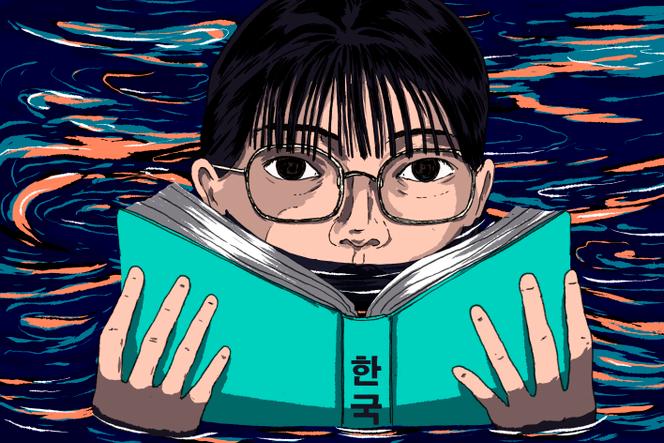


"I'd spotted a student who was harassing others, hurling insults and swearing. One day, I wanted to punish her. Her parents didn't appreciate it." This South Korean primary school teacher, who prefers to remain anonymous, went through hell. "They accused me of making it all up, threatened to press charges, tried to turn other parents against me and demanded that I apologize publicly. I was frightened. I finally gave in." From then on, she found herself labeled a "bad teacher." She had to see a psychiatrist. Now assigned to another school, she remains traumatized by the experience.
Her case is not isolated in a country where relations between parents and teachers are becoming increasingly strained, forcing the government to react. Barely two years after joining the national education system, Park Jin-sung, now a teacher at Jinso High School in Seoul, suffered the wrath of the parents of a young girl who had accused a classmate of molestation. "They criticized me for not listening carefully enough to their daughter, who sometimes told them things that weren't true. For example, she accused me of saying that her classmates thought she was crazy. Her parents told me that, as a teacher, I had no right to make mistakes. They called me several times, including once in the middle of the night on a public holiday." Park didn't take it well. "My colleagues didn't support me, nor did the school." Traumatized, he took a year off before returning to work at another school.
These stories took on particular resonance with the violent assault on June 30 of a young elementary school teacher in Seoul, struck in the face dozens of times by a sixth-grade student. A few days later, a 23-year-old teacher ended her life at her school, also in Seoul. According to her family, she too had been confronted with violence from one pupil and harassment from the parents of another. As a result, she became "extremely distressed."
The current state of affairs contrasts with what South Korean national education was like until the early 2000s. In a country where academic success remains essential and knowledge respected, teachers enjoyed unquestioned authority, sometimes too much so: Certain abuses, such as sexual harassment or bribery to obtain better grades, were usually hushed up.
Today, the situation seems to be reversed. According to the Korean Federation of Teachers' Associations, 347 cases of violence inflicted by students on teachers were reported in 2022, compared with 165 in 2018. The Korean Educational Development Institute established in a report that 55.8% of the 2,869 teachers interviewed for its survey cited "uncooperative parents" as a major factor hindering their work.
You have 50% of this article left to read. The rest is for subscribers only.
